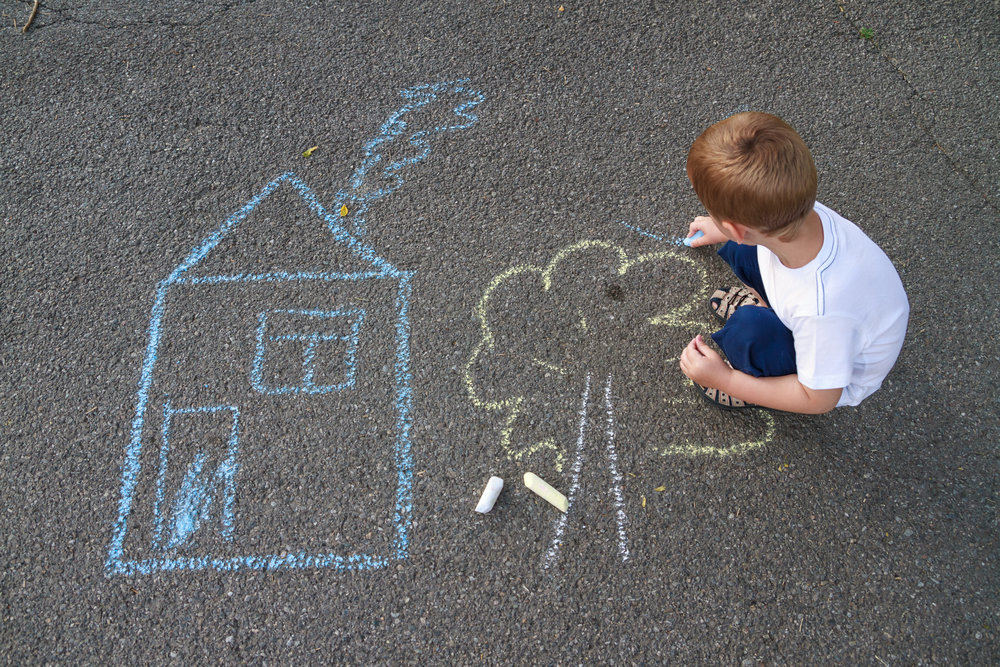Community
6 Resources for Potential Foster Parents
[vc_row][vc_column][vc_column_text]
Has all the buzz around National Foster Care Month (or the new HBO documentary!) inspired you to think about becoming a foster parent yourself? With 30-50% of foster parents stepping down each year and more and more children being placed into the child welfare system, the need for loving, stable foster families has never been higher. But is becoming a foster parent right for you?
Foster parenting is not easy–it can be one of the most challenging experiences in one’s life. It can also be one of the most rewarding. Providing a child with a safe, welcoming home can have a dramatic impact on both them and their family, which makes becoming a foster parent a way to truly make a difference. Children in need of out-of-home care have diverse characteristics and needs, so there are different types of foster care. Read on to find resources that can help you decide if one of these is a good fit.
Where to research if foster parenting is right for you
The National Foster Parent Association (NFPA) Website
A great place to begin your search into foster parenting is the NFPA website, which contains everything from introductory information on the application process to foster parents’ and children’s Bill of Rights and the history of foster care.
The site also has links to blogs that provide valuable insight from current foster parents about their experiences, as well as workbooks, support services, and more. There is even information for those who decide that foster parenting isn’t for them but that want to help out in the community in some other way!
The National Child Traumatic Stress Network’s Resource Parent Training Modules
Unfortunately, many children who enter foster care have experienced some kind of trauma. Combine this with the already fraught emotional situation of being separated from their biological family, and you can understand why some foster kids display challenging behaviors that can catch unprepared parents off guard.
The NCTSN offers training modules to help you learn about the types of trauma that children experience, how that manifests in behaviors, and how you can help a child feel safe. This might give you a taste of what to expect as a foster parent and help you decide whether it’s the right path.
Becoming a Foster Parent Guide from Adoption.com
There are multiple steps to becoming a foster parent; it is a good idea to know what the process will entail before you get started. This post does a good job of mapping out the road to your first placement, and links to resources that can help you along the way.
Where to learn about specialized types of foster parenting
For Kinship Care: “Kinship Caregivers and the Child Welfare System” Fact Sheet
Hoping to foster a child from your own family? You probably have a few questions about how that might make you different from other foster parents and how to best navigate the child welfare system in order for your relative to get the best care possible. The Child Welfare Information Gateway has a helpful tip sheet that covers all of these issues, as well as other important topics like how to find services such as therapy, respite care, and financial support.
For Therapeutic Care: “What is Treatment Foster Care?” from the Family Focused Treatment Association
Children with significant emotional, behavioral, medical, or developmental needs require structured, specialized care. If the need for traditional foster parents is great, the need for specialized homes is even higher. This post covers the basics of treatment foster care and its benefits.
For LGBTQ Care: The Human Rights Campaign
The number of LGBTQ children and youth in the foster care system is disproportionately high. Many have experienced rejection from their families and are in special need of a welcoming home. The Human Rights Campaign offers tips on becoming a foster parent, how to find an LGBTQ-inclusive agency, the latest in LBGTQ adoption and foster care laws, and more.
Where to get started
Ready to take the next step? Search for a COA-accredited foster care agency near you here, and get in touch to begin the discussion of how to partner with them to become a foster parent.
You can also find the Child Welfare Information Gateway’s National Foster Care & Adoption Search directory here.
What are some other resources you’ve found helpful in your foster care journey? Share them in the comments!
[/vc_column_text][/vc_column][/vc_row]



